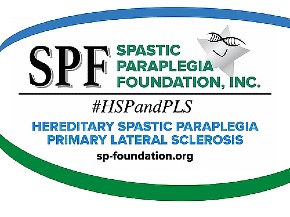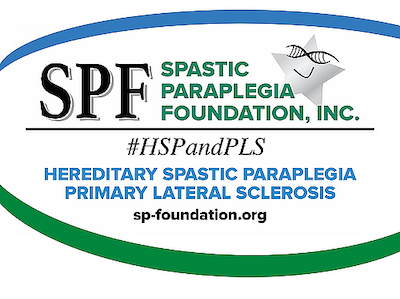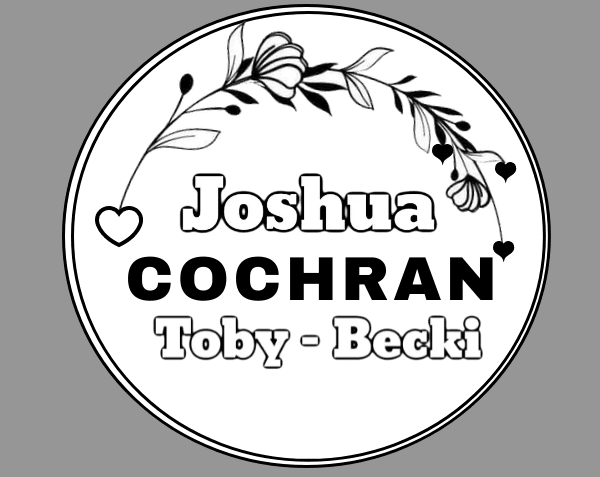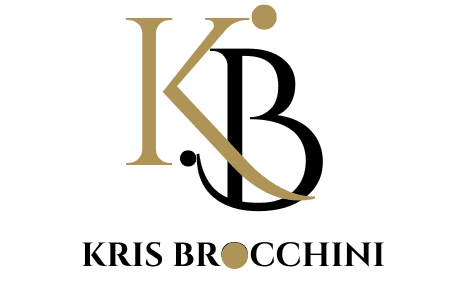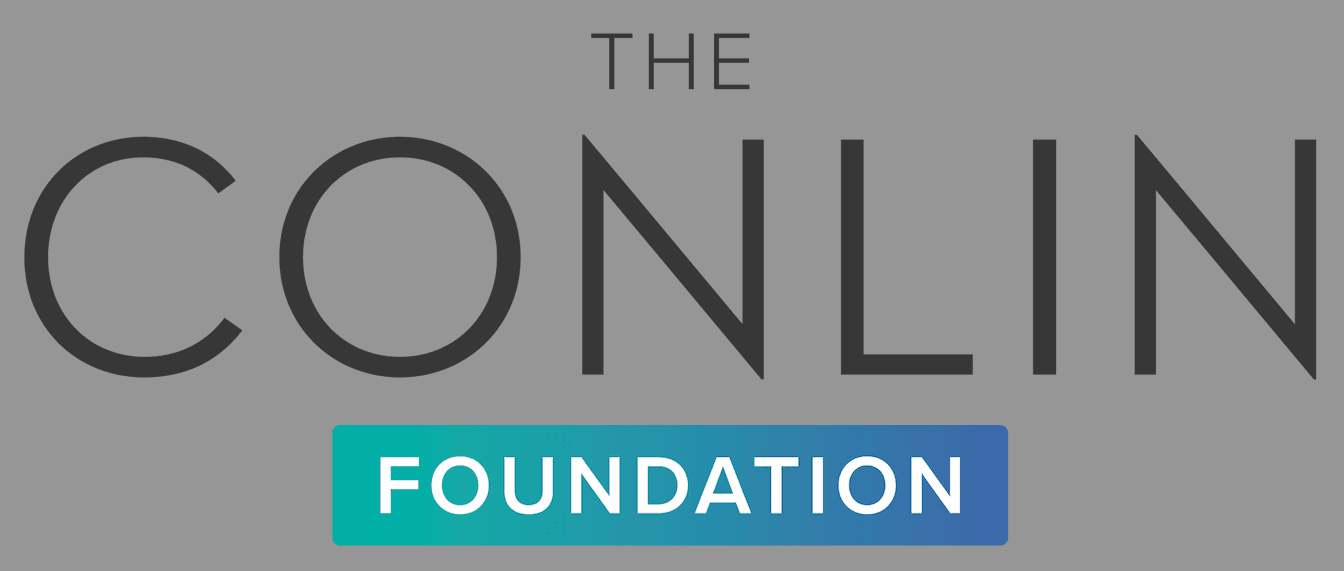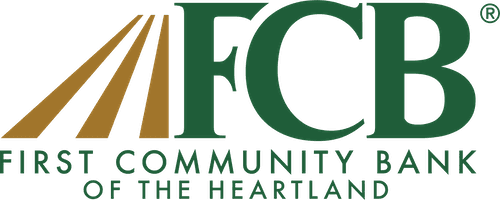Clinical Trial Drugs
Individuals are encouraged to participate in clinical trials that will further the understanding of our conditions and their diagnosis, treatment, and cures. Please go to clinical trials and search on key words “primary lateral sclerosis” or “hereditary spastic paraplegia” to find out about relevant clinical trials.
Some studies for related motor neuron diseases and other neurodegenerative conditions involving over the counter vitamins, food supplements and FDA approved drugs are showing encouraging results. Some individuals with HSP or PLS, with the advice of their physician, are taking these compounds as part of their treatment plans.
The list below is provided as an informational source and is not intended to be a recommendation. For detailed information, contraindications and side effects, please visit Medline Plus Health Information. For information on vitamins and food supplements, visit the USDA Food and Nutrition Information Center. And of course, consult your doctor or pharmacist.
FDA approved treatment for ALS
-
Rilutek, Riluzole
Riluzole is the first FDA approved drug for the treatment of ALS. Riluzole does not cure ALS or improve symptoms, but may extend the survival of patients by a few months. Riluzole appears to be more effective in patients with bulbar-onset than for those with limb-onset. Riluzole is believed to modulate the release of glutamate. Glutamate neuronal damage is one of several theories that have been proposed as a cause of ALS.
Please see:
Adverse efects of riluzole (Rilutek) in the treatment of amyotrophic lateral sclerosis. 303-12
Drugs and supplements with compelling data
-
Celebrex
Celebrex is an FDA-approved drug for the treatment of rheumatoid arthritis, osteoarthritis and pain. The active ingredient Celecoxib is a nonsteroidal anti-inflammatory drug (NSAIDS).
-
Creatine
Creatine is a dietary supplement that is promoted for its ability to enhance muscle strength and physical endurance. This claim is not endorsed by the FDA. This dietary supplement is similar to the natural compound creatine phosphate, which is an essential component of the energy-building system in muscle cells. It is found naturally in meats and fish.
A study with ALS mice found that the mice had significant improvements in their survival with creatine. ALS patients under the care of their doctor are taking 5-10 grams/day. Creatine is available over the counter at any store that carries dietary supplements.
Please see:
Note: A new study, conducted in the Netherlands and published online in March 2003 by The Archives of Neurology, found that creatine provided no significant benefit in humans with ALS, even though earlier studies showed promising results in mouse models.
-
Co-Enzyme Q10
Co-enzyme Q10 is a non-prescription dietary supplement that is involved in a variety of cellular processes. It has been noted to have antioxidant properties, such as free-radical scavenging. CoQ10 is indicated for heart failure and mitochondrial cytopathies.
Researchers in a Massachusetts General Hospital study found that CoQ10 extended the survival in a mouse model of ALS. They also demonstrated positive findings in Parkinson’s and Huntington’s Disease. It is thought that CoQ10 may be useful for the treatment of neurodegenerative diseases.
There have not been studies to suggest a recommended dosage for people with neurodegenerative diseases. Patients, while under the care of their physician, appear to be taking 100mg three times per day. CoQ10 is fat-soluble and should be taken with a fatty meal. It is available over the counter at any store selling dietary supplements.
Please see:
Coenzyme Q10 administration and its potential for treatment of neurodegenerative diseases. 261-6
-
Alpha-Lipoic Acid
Alpha-lipoic acid (ALA) is a non-prescriptive dietary supplement. It is a powerful antioxidant and is used to treat individuals with liver disease and Amanita mushroom poisoning.
A Massachusetts General Hospital study done on mouse models of ALS showed a significant improvement in mouse survival when ALA was administered in their diet. ALA has a very short half-life (the time it takes for the drug to decay by one half) and it is not known if the drug levels are maintained in humans to produce the same effect.
ALS patients under the care of their physician are taking 200-300mg twice per day. Alpha lipoic acid is available over the counter at any store selling dietary supplements.
Please see:
-
Vitamin E
Vitamin E is a fat-soluble vitamin found in many foods. It is a powerful vitamin and antioxidant that detoxifyies free radicals. It helps protect the cells of the body from damaging chemical reactions and it is important for the proper functioning of nerves and muscles.
Vitamin E is found in vegetable oils, meat, eggs, certain types of fish, wheat germ, cereal grains, fruits, green vegetables .
Some ALS studies have found that dietary supplementation with vitamin E delays onset of clinical disease and slows progression in the transgenic model. It does not prolong survival.
For average dose for ALS patients under the care of their physician is 1200-2000 IU/day. Vitamin E is available over the counter at any store that sales vitamins.
Our Impact since our inception...
-
Dollars Raised
Over 12,000,000 dollars for research!
